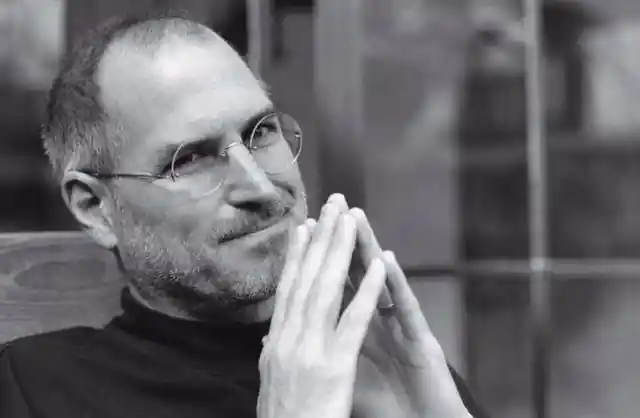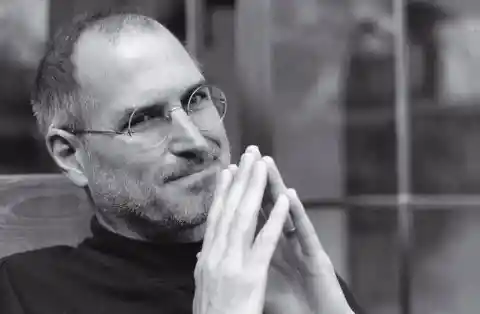The Electric Handshake
There's never been an easy way to predict the future. Even the most reasonable and conservative ideas can seem a little short-sighted in hindsight. Then there are the outliers; predictions that look completely crazy when we look back from where we are now.


Even the most rational of men fell victim to making claims that missed the mark by a barnyard mile. Let's take a look at some of the predictions of the past that simply never came to pass because from where we stand now with the benefit of "being in the future," they're a bit bonkers.
The clever chaps at Popular Mechanics magazine were enthusiastic about the future and predicted, in 1905, an "electric handshake" would one day allow physicians to examine patients in other places. It would have been a hair-raising experience, we think.
Steel City
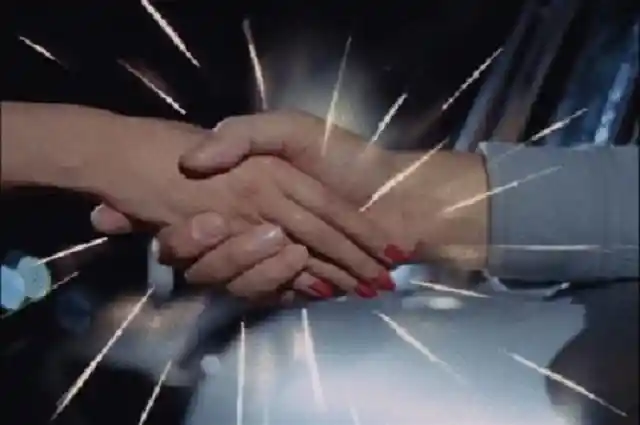

Thomas Edison was a genius, but even he got it wrong sometimes. Like when he said that everything in the world would eventually be made of steel.
A Weighty Issue
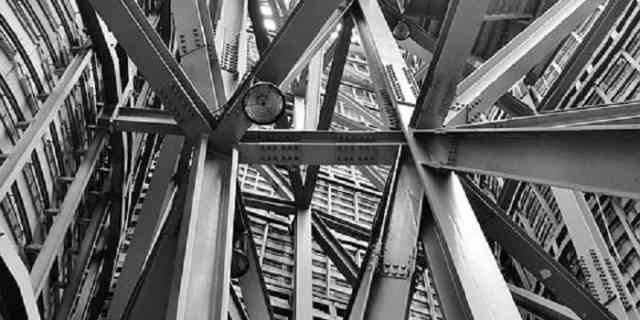

Not a lightbulb moment, that.
Popular Mechanics, in 1949, looked into the crystal ball and saw a world where computers would only have 1,000 vacuum tubes and weigh only 1.5 tons. A little bit of an overestimate.
A Question of Scale
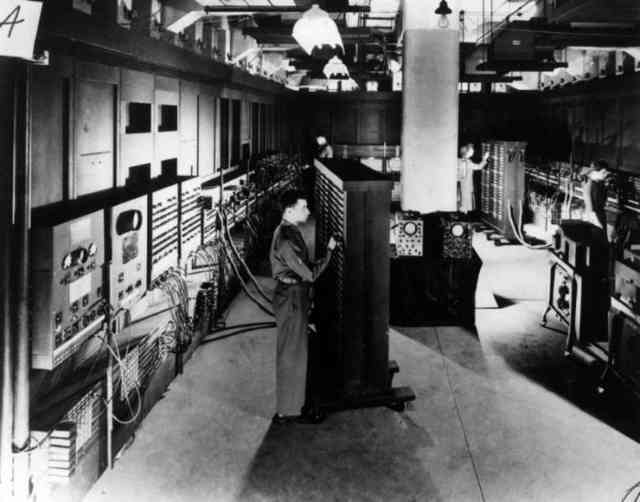
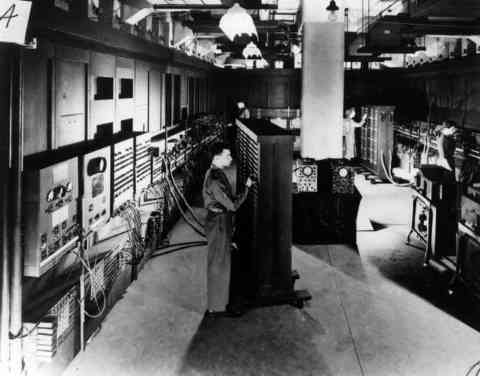
Life on the Moon
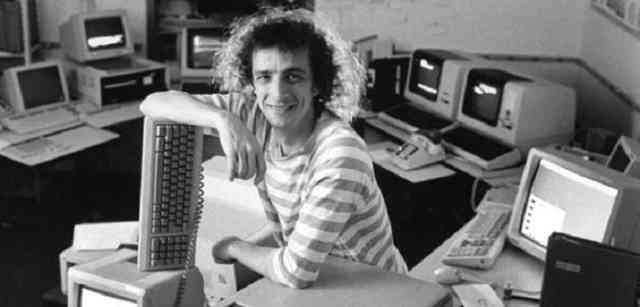
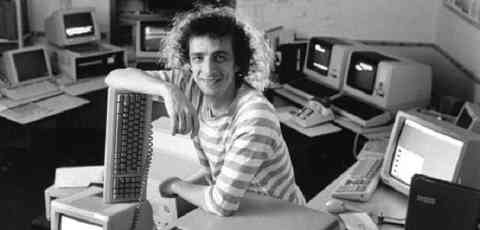
Clifford Stoll in 1995 mocked the idea that people would buy newspapers and books over the internet: "how come my local mall does more business in an afternoon than the internet handles in an entire month?"
NASA had a great run in the 1960s, but their premonition that they would be building a permanent moon base by 2007 wasn't to come true.
Under the Sea
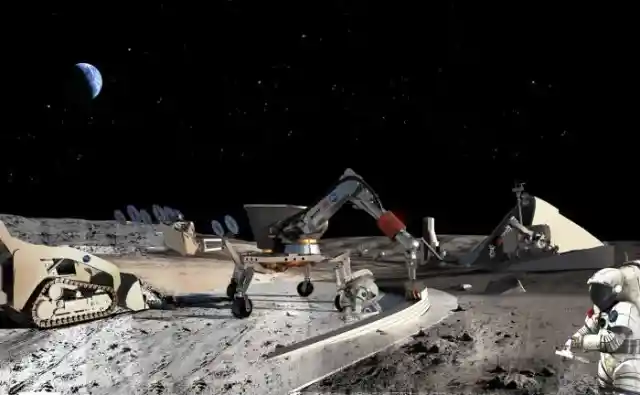

Isaac Asimov got a lot of things right in his science fiction, but his future auguring went wrong when he said that we would all be living under the sea by 2014.
Rocket Man


The Reader's Digest went out on a limb and predicted that we'd all be flying around on our personal rocket packs by 1999.
Gone With the Wind


Arthur C. Clarke, another sci-fi author of great repute, felt certain that the house of the future, 2001 to be precise, would not be connected to the ground and could be moved anywhere in the world at whim.
Queen Kong


The Cyborg
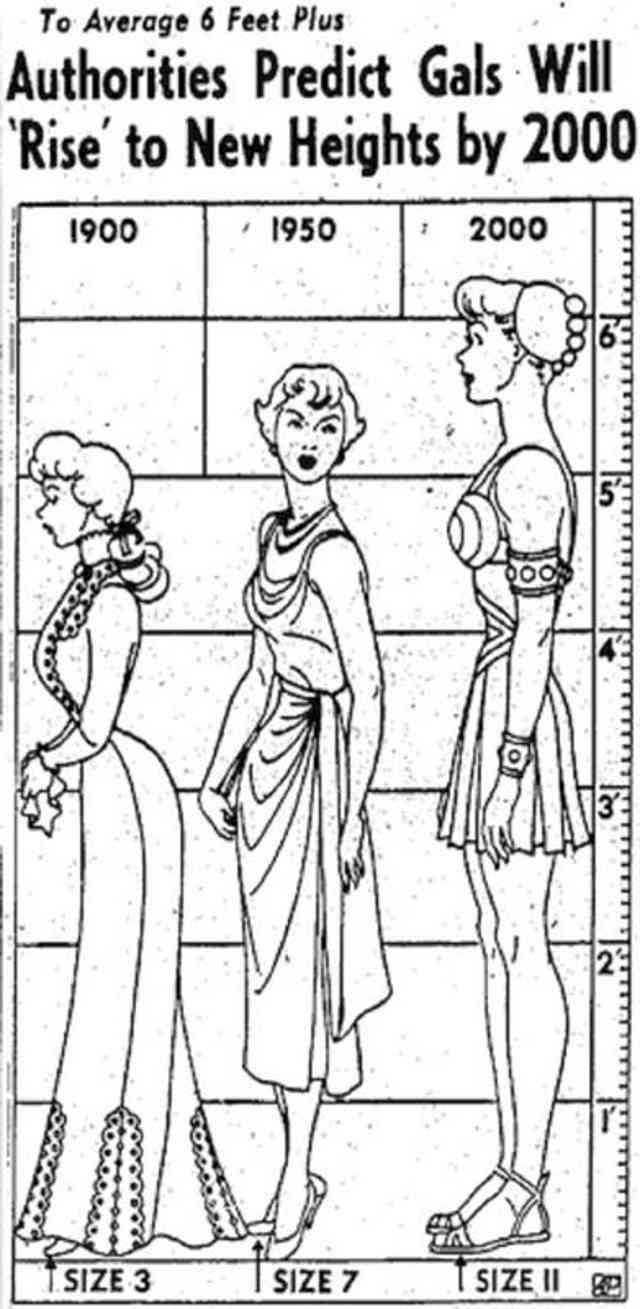
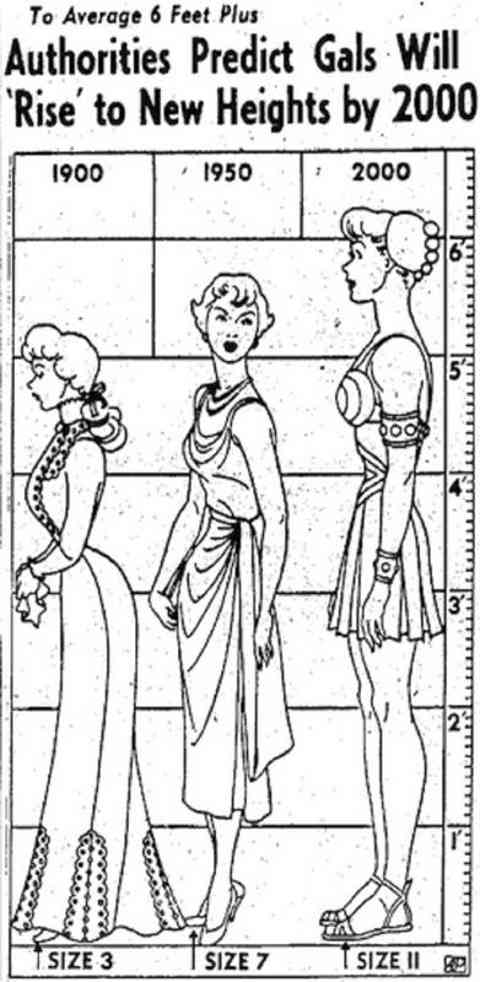
The science experts of 1949 believed that women would be more than 6 feet tall and "have shoulders like a wrestler and muscles like a truck driver."
Popular Science's November 1963 issue had a bizarre series of predictions about what the future of man would be. As you can see from the image, they were wrong on almost every count.
Dust Busting with a Vengeance
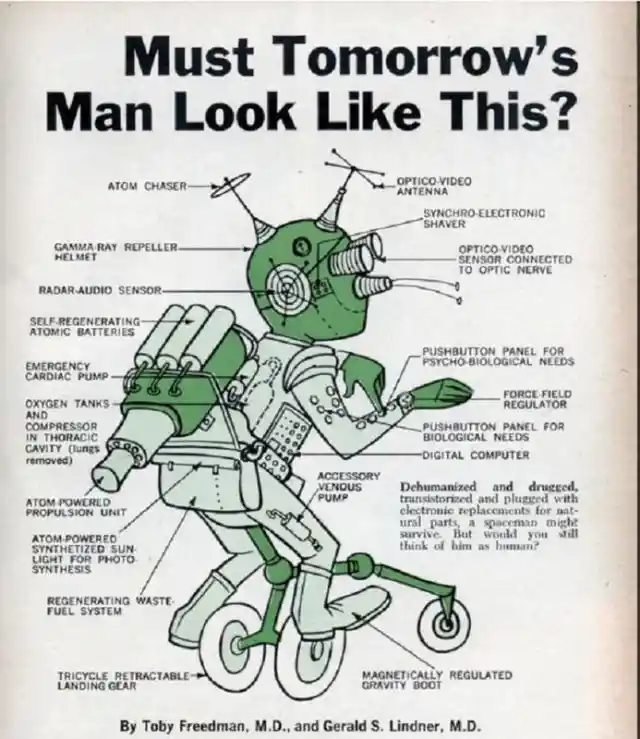
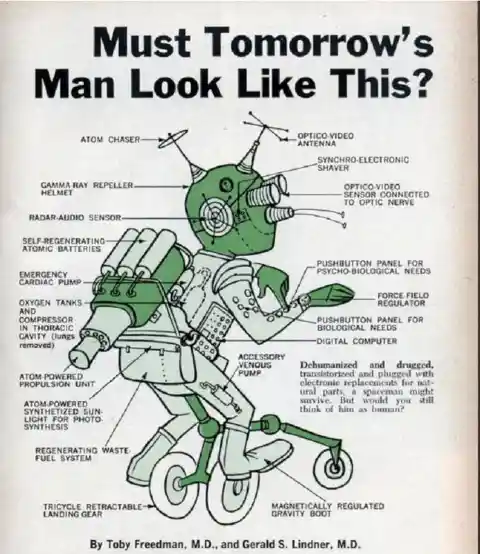
Alex Lewyt, a vacuum cleaning company's CEO, said in 1955 that "nuclear-powered vacuum cleaners will be a reality in 10 years." Thankfully, they aren't.
Less of a Mouthful


Thought Experiments
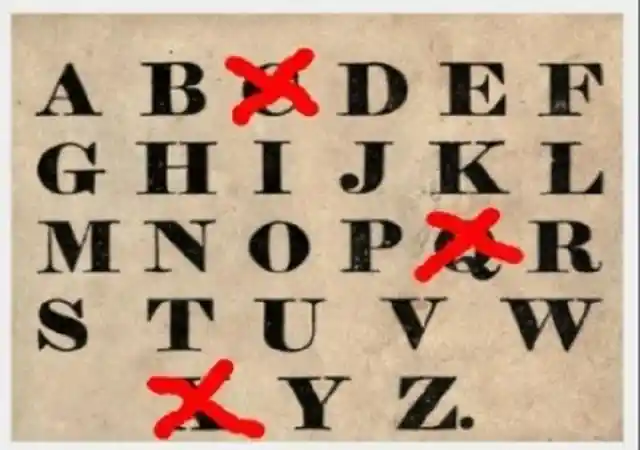

In 1900, American engineer John Elfreth Watkins looked forward to the year 2000 and claimed there would be "no C, X or Q in our everyday alphabet."
In 1899, many people believed that one day, we would educate children by wiring up their skulls and electrocuting them. It may be that teachers are still hoping that this will come true.
Pacifist Problems
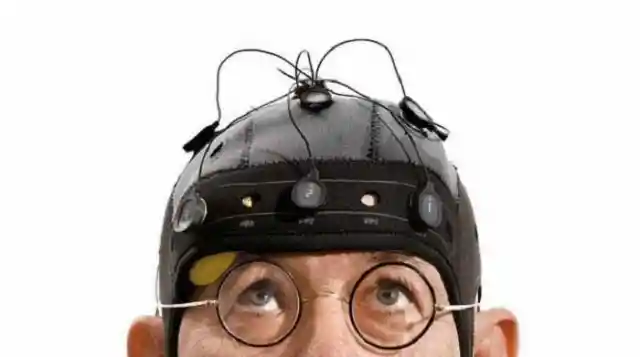
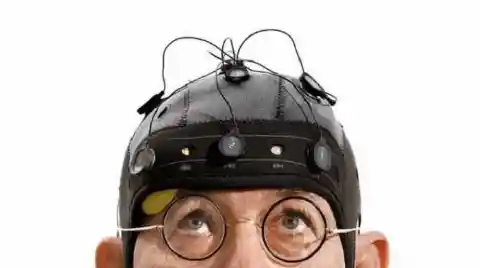
Guglielmo Marconi, the inventor of the radio, said "The coming of the wireless era will make war impossible, because it will make war ridiculous." Can someone let Syria know, please?
Choking Choo Choo
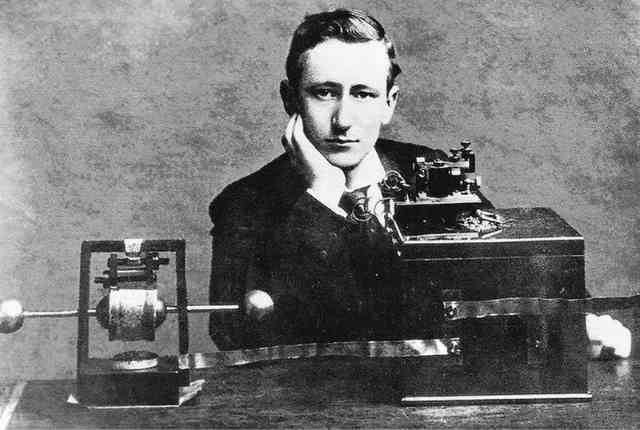
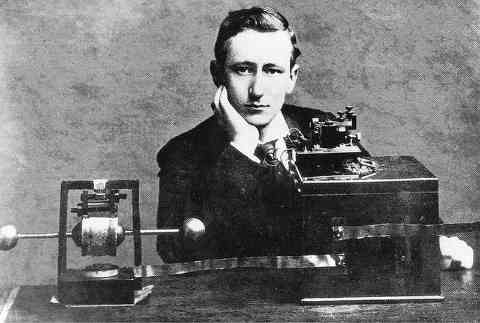
Dr.
A Little Early?
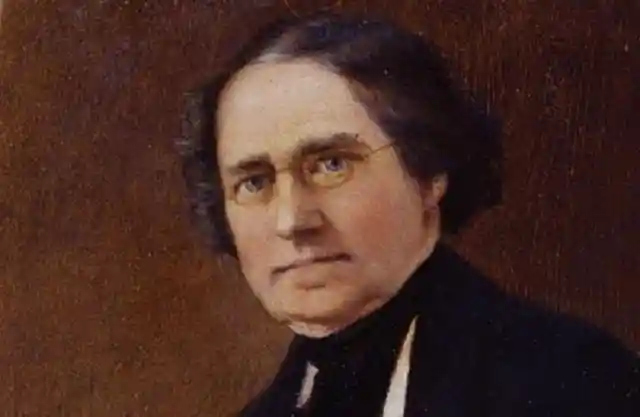
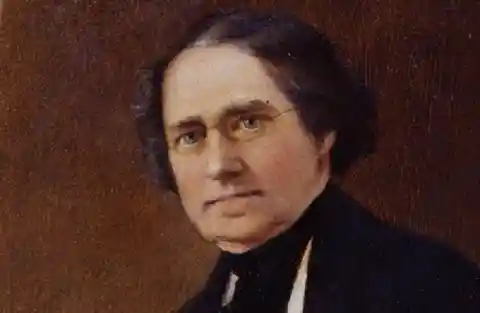
Lardner, a professor of natural philosophy, offered this pearl of future-proof wisdom: "Rail travel at high speed is not possible, because passengers, unable to breathe, would die of asphyxia."
John Langdon-Davis wrote in A Short History of the Future, "Democracy will be dead by 1950." It may feel like it at times, but it's never come true.
The Facial Hair Horror


Vogue's 1939 expose of life in the 2000's threw up some interesting ideas. Men would all have beards after escaping "the tyranny of the razor" and our socks would be disposable.
The Collapse That Wasn't


Robert Metcalfe invented Ethernet. He then went on to predict that the Internet would collapse in 1996.
Something's High

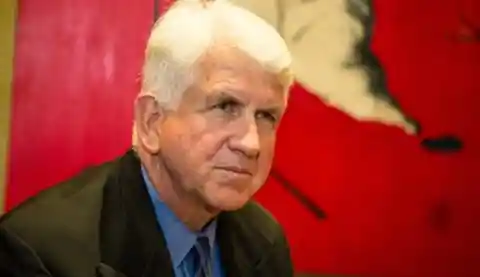
One out of two isn't bad, right?
The Los Angeles Times, when looking forward to the L.A. of 2013, confidently drew diagrams of a city overshadowed by 200-story buildings.
Cheap Steak For Cheapskates
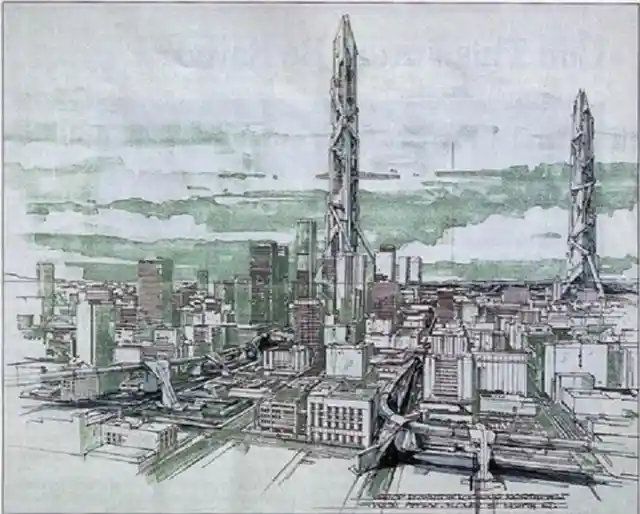
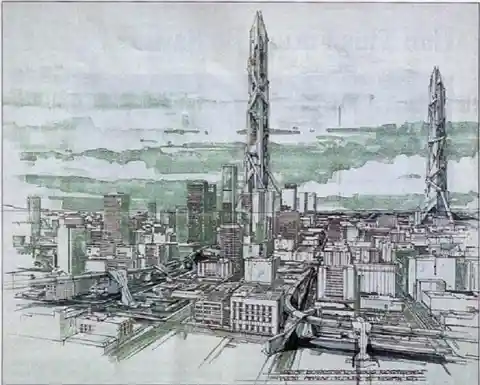
Maybe in another hundred years?
The New York Times, in 1913, saw a future in which steak became so prohibitively expensive that all Americans lived on a diet of only rice and vegetables, just like they believed the Chinese did.
Getting It Up


In 1970, Playboy magazine saw that by the 1980s we'd all be driving cars which operated like hovercraft and which "radically restructured our surface mobility." Whatever that means.
Animal Crackers Or Animal Cash


Many newspapers and magazines were happy to assert that animals would one day need to pay their way, in cash, or make room for the human race. To do this, they would need to get jobs.
Genetically Modified Strawberries
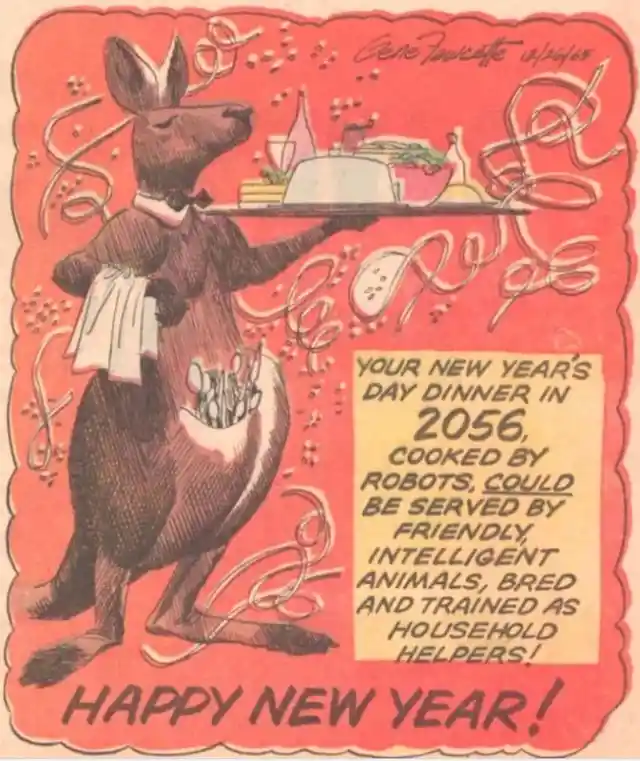
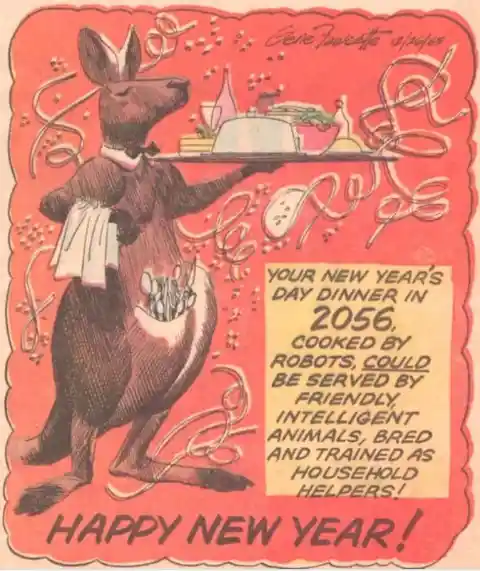
Butler bunnies and chauffeur chimps ahoy.
Unprofitable Prediction


On a much shorter time scale, the Decca Recording Company really blew it when they said, "We don't like their sound and guitar music is on the way out." They were rejecting The Beatles in 1962. Ooops.
The Last Bite Of The Apple
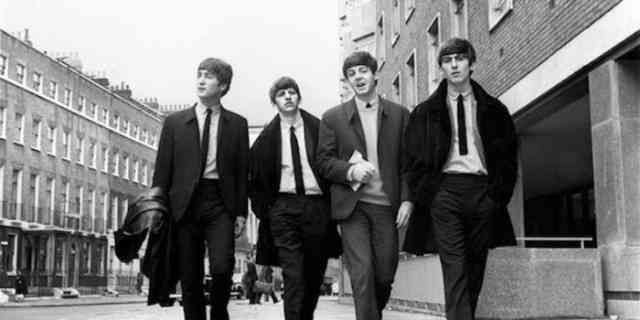
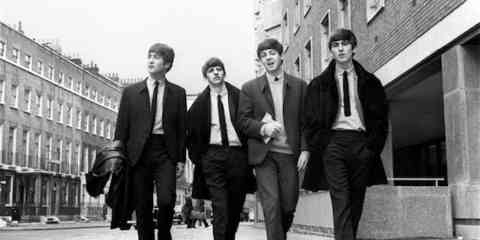
The company, which most expected to fail, turned out to be a tech giant that defied all predictions. Speaking of Apple in 1997, Michael Dell said "I'd shut it down and give the money back to shareholders." Nathan Myhrvold of Microsoft added, "Apple is already dead." Not quite.
